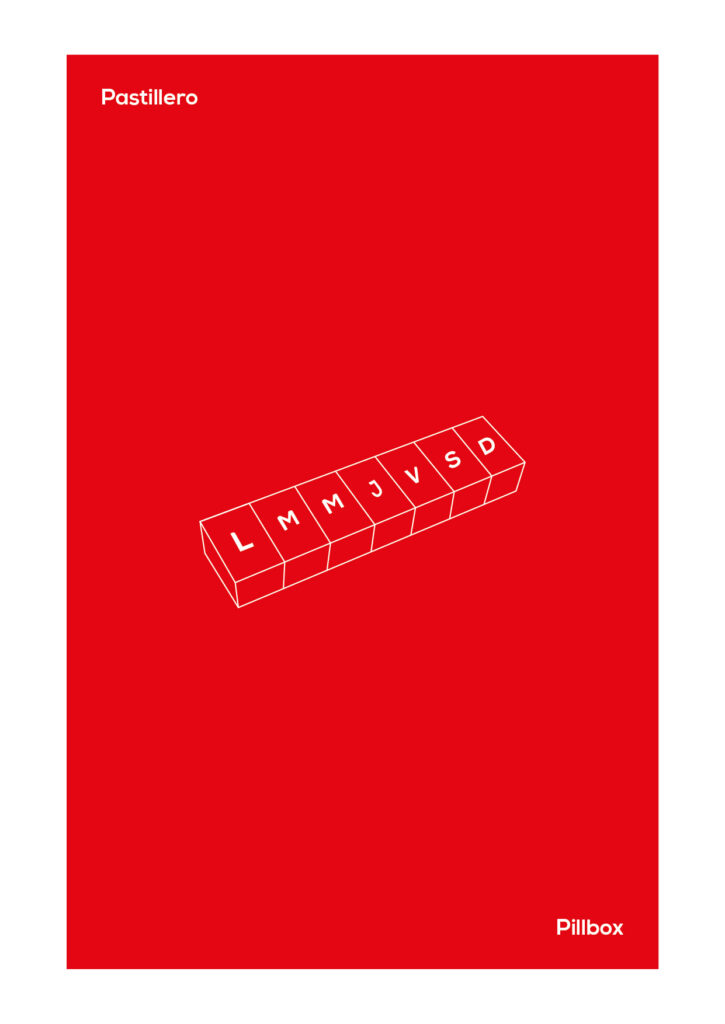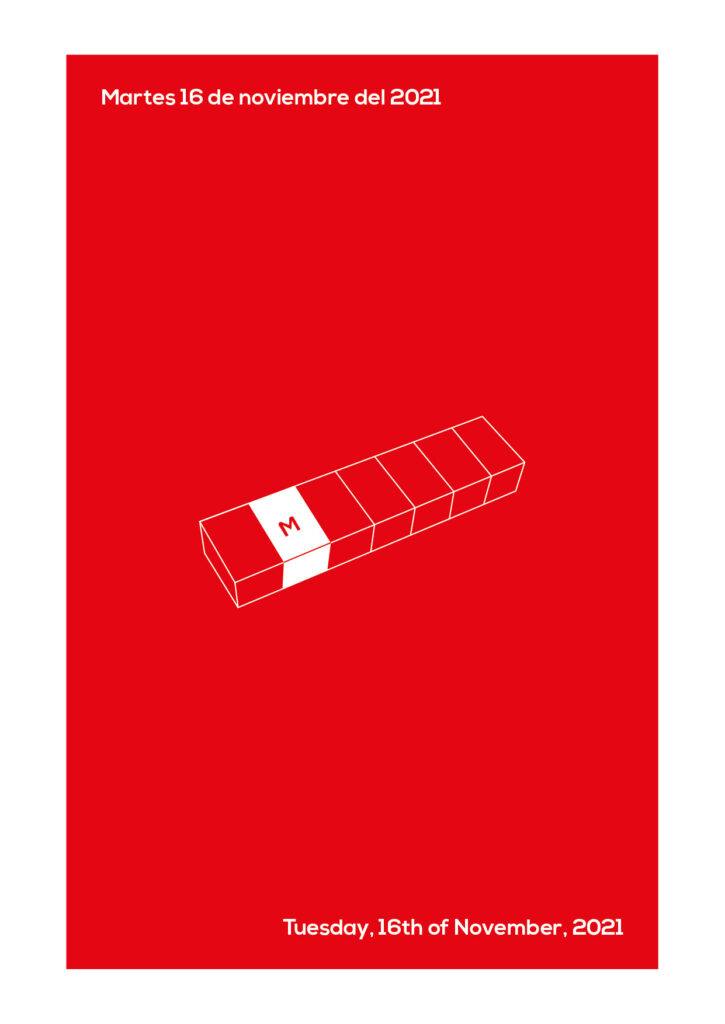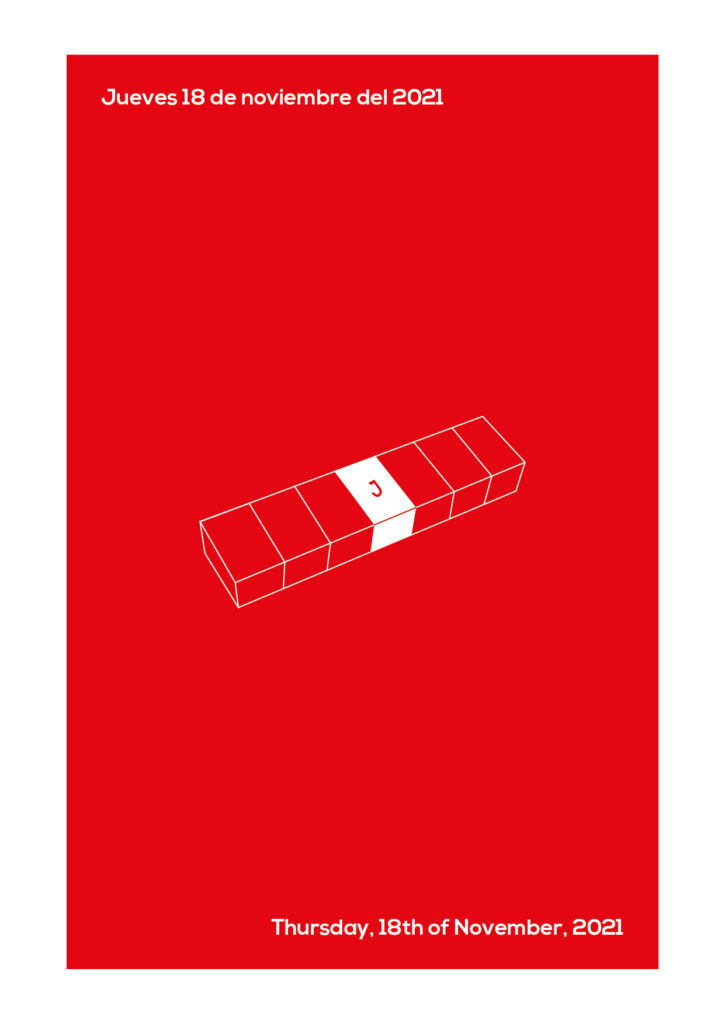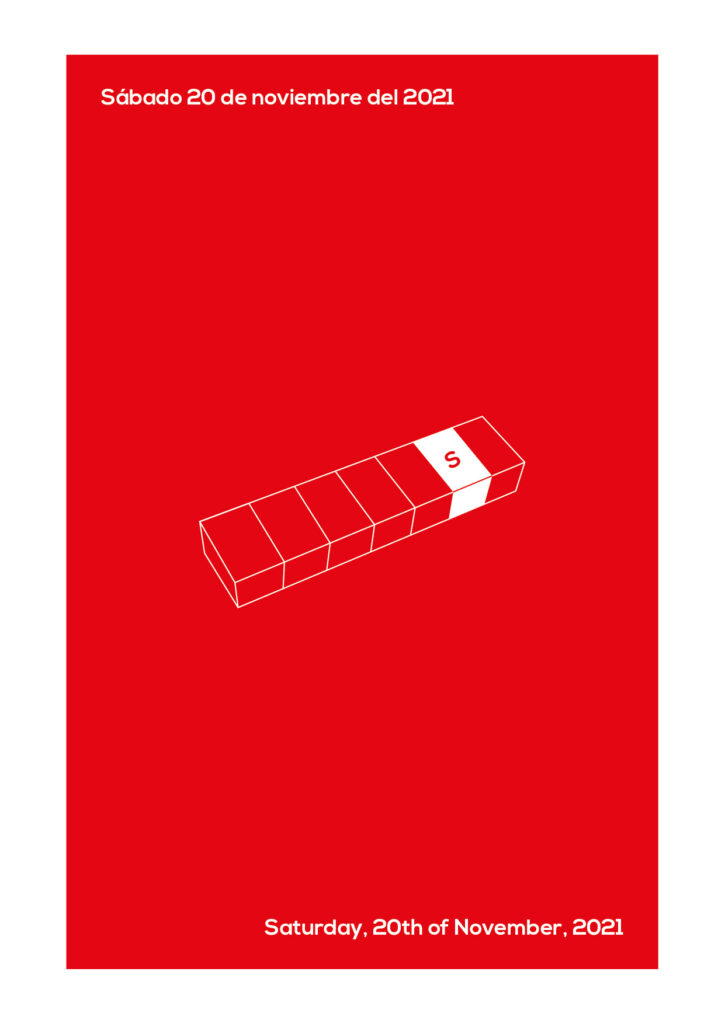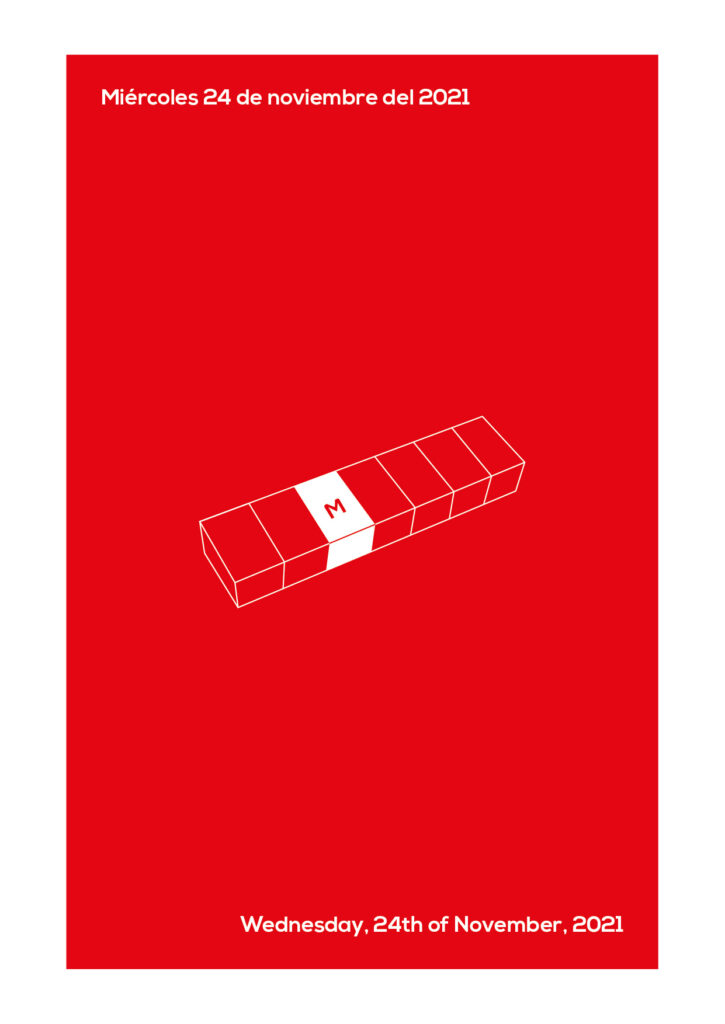Hello
This book and the time I spent reading this book were a ride. Here are the thoughts I gathered as a first approach to comment it and what I have learnt from it. I hope you enjoy it.
As Mohombi said once “It’s gonna be a bumpy ride” [1]
I am late. This post is late.
I should have done this way earlier.
I should have started with this way before.
But I started on time, way back. It is just that it never showed.
I feel bad about this delay. This should not have been this way. What happened?
But I do not want to complain about this. Or shall I? No, no. I will not complain because that would mean to excuse myself in a way I do not want. But on the other hand the things that make my excuses for being late are things I really do not like. I am drained from those things.
This is not an apology. What is this then?
But these are just excuses and if I excuse myself I don’t like this feeling. I do not like it because I feel that I carry a burden and I do not want to carry a burden. But I carry it anyway. Also, who would care. I am just late. It is not such a big deal. It is mainly me who feels bad about it. Get over it. Grow a pair or something like that.
Ah but please do not be that hard on yourself. Treat yourself with care.
How can I take care of myself in order to improve without damage. How can I stop the voice that hits me in my head. It is not such a big deal, isn’t it.
It is hard for me to understand the limits of the complain and the whine (I will talk about this in another moment). Maybe I do not know what complaint is. I think I am biased because I consider the majority of my complaints never managed to work. They were formal and informal ones. Sometimes I think I do not think I believe in complaints.
This book makes me angry and makes me sad and makes me feel useless and not enough. That was probably not the purpose of it. But I feel personally attacked and I do not enjoy it. What is happening. What is this. I feel a big discomfort and I am filled with unease. I should have complained in a proper way and I never did. I should have shared it in that moment, now it will be useless.
But also…Why am I complaining? I should be grateful, it is not that bad, just live with it. In other times this was harder, not it is way better.
The adult voices that were implemented in my soft head now repeat inside of it. But I managed to dodge this adult voices in my adolescence, I was strong. Why can’t I take them out now? How did they pierce my skull? Why do I hear them? I was stronger.
What I learnt from this readings is an avalanche of nuisance because I feel small in a hostile world. Because I know the world is made up by institutions (institutions called structures) and they are not made for us. They are made by us but do not cooperate with us. What is this gap? Why when a big structure is created it starts lacking tenderness? I am afraid of big structures. But everything is a structure. I am afraid I am part of a structure.
————————————————————————
I consider this was a complaint, somehow the worst kind of complaint, the non-effective complaint, the whining type. But I have complained and I have complained about the fact that I have complained as well. Therefore, am I carrying two burdens now?
[1] Khayat, N, Salmanzadeh, I, Hajji, B, Jannusi, B (2010). Bumpy ride [Recorded by Mohombi]. On MoveMeant [Audio file]. Retrieved from https://open.spotify.com/track/71R6zJsrF3ffc3TBFHfivX?si=320b4eff09904bd4

